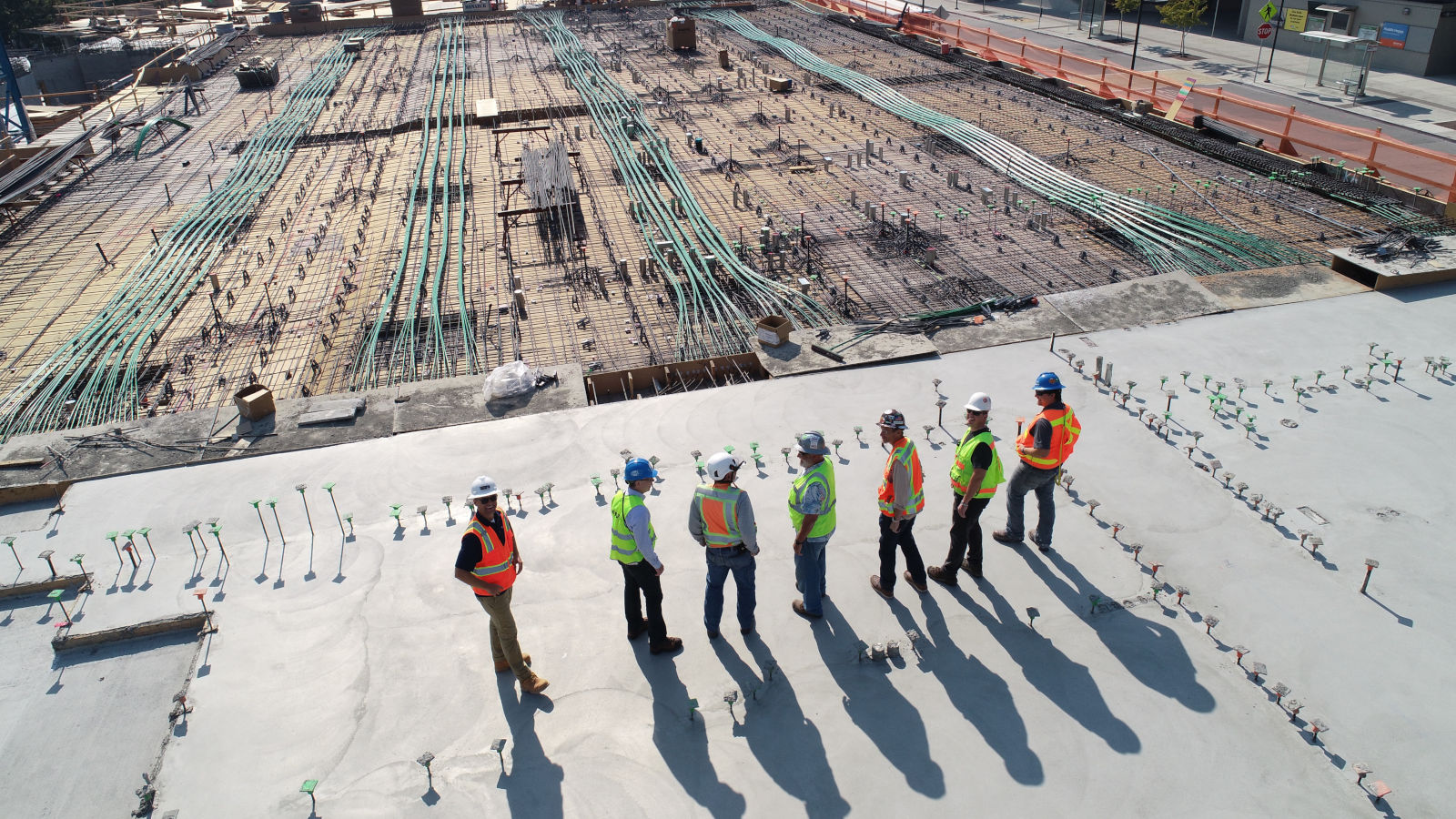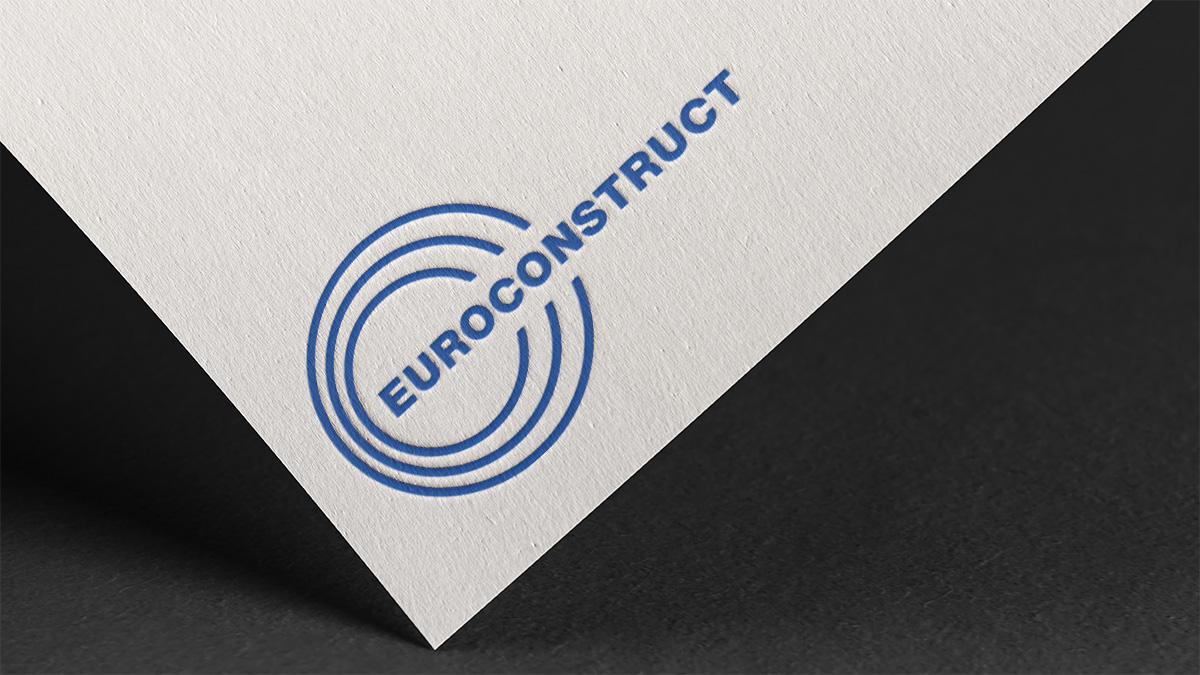
Czech construction certainly did not evade the crisis caused by the Covid-19 pandemic. According to Euroconstruct data, the industry fell by 3.6% in 2020 and is unlikely to return to pre-pandemic levels in the next two years. However, the pandemic is far from what bothers Czech builders the most. There are plenty of orders and demand is still high in most areas. The capacity utilisation of construction companies is close to 100%. There are other long-term as well as current obstacles that prevent the restart of the construction sector.
ABOUT THE AUTHOR
David Frič
STEM/MARK, a.s
David Frič was a data analyst and researcher at the Czech company STEM/MARK, working on surveys and marketing research. His wide range of work focused on real estate and banking.
Shortage of labour force
A major long-term problem is the critical shortage of labour force. Both builders-workers and engineers or other experts are missing. The economic crisis in 2008 hit the construction sector much harder than the current pandemic crisis. Many workers left the sector, and the construction industry found itself in red figures for almost five years. The lost workers never fully returned back, and in 2020 there was another outflow of workers from abroad (especially from Eastern Europe), on which the Czech construction had become completely dependent. The pandemic situation has not allowed their return in full.
Some construction companies are forced to delay the realisation of constructions due to lack of capacity, or not to apply for the contracts. However, especially in the residential sector, the demand for construction is still huge, thus widening the building deficit, which is already enormous in this sector. This, of course, leads to rising real estate prices.
Extremely long permit process
According to the World Bank, the construction permitting process takes an average of 246 days in Czechia, which ranks it among the 40 countries with the longest permit process in the world. For larger projects, the average length of construction proceedings is 5.4 years. Experts have been drawing attention to the extremely long process of building permits for many years, and politicians have only begun to address the problem now. The government promises to speed up the process through the new building law, which was recently approved by parliament.
The new building law should simplify and unify the permitting into one procedure. It also introduces a new supreme building authority and transfers competencies from regional governments to it. The act is criticized by municipalities, the opposition, conservationists and environmentalists. When and whether it will affect the length of building permit process at all is a big unknown.
Lack of building material and its price increase
Currently, another problem has been added to the previous two – a sharp rise in the price of building materials. There is a shortage of some inputs that the Czech construction has not remembered since the communist regime.
Since 1990, no new quarries or sand pits have opened in Czechia. Domestic production of key building materials is insufficient and must therefore be imported from abroad. However, this leads to higher transport costs. In addition, the pandemic disrupted some supply chains.
The price increase of over 100% occurred for example in case of wood, steel, copper, insulating materials or plastic pipes. It is not only a problem in Czechia, the increase in material prices has spilled over into Czechia from abroad. Large constructions and factories are already dependent on monopoly suppliers, who are on the one hand tied up in terms of capacity, on the other hand are riding a wave of sharp inflation. Many experts thus speculate on how much the increase in prices is caused by the lack of raw materials and to what extent it is speculation.
In any case, the profitability of long-term contracts of construction companies is endangered, because the contract price often does not cover the increased costs of construction inputs. For some companies, this can bring existential difficulties. This situation thus creates further pressure on the growth of construction work prices.
ABOUT THE AUTHOR
David Frič
STEM/MARK, a.s
David Frič was a data analyst and researcher at the Czech company STEM/MARK, working on surveys and marketing research. His wide range of work focused on real estate and banking.
